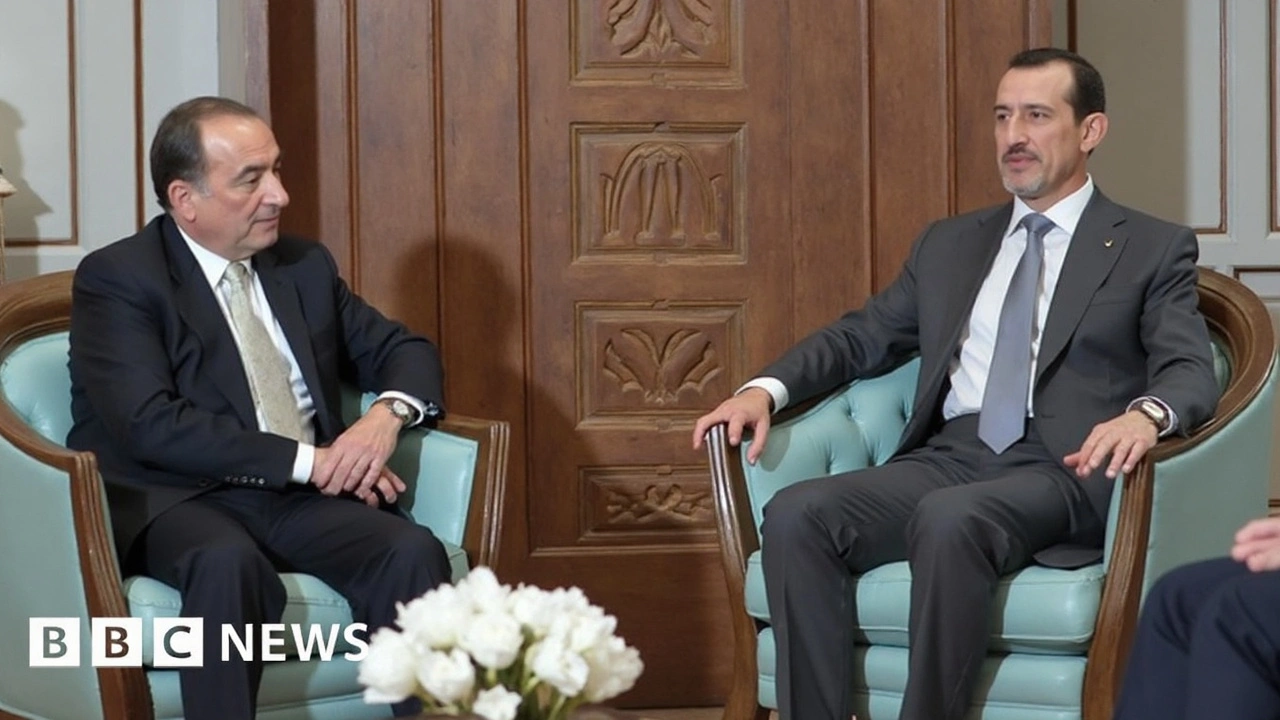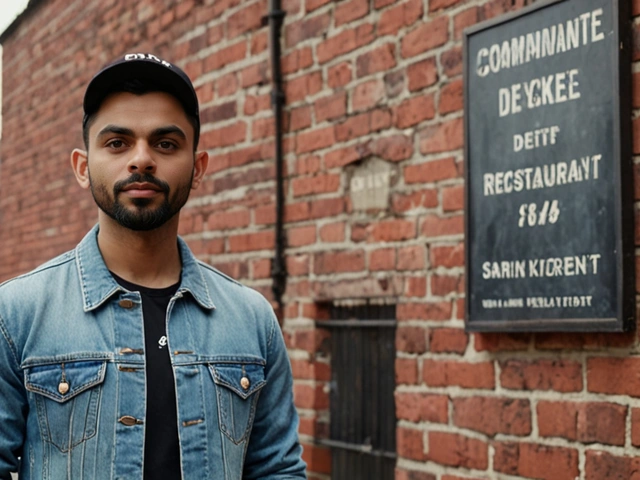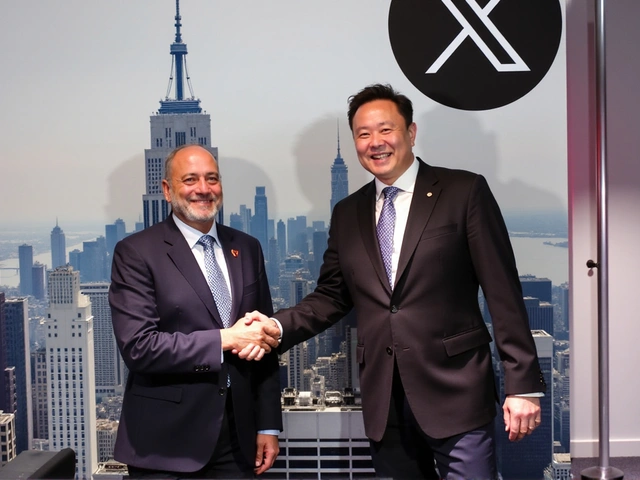Russian Involvement in Africa – What’s Happening Right Now
Russia has been turning its attention to Africa for a few years now, and you’re probably hearing the name pop up in headlines. From mining contracts to security deals, the Russian footprint is growing fast. In this guide we’ll break down the main ways Russia is getting involved, why it matters to you, and what you can expect next.
How Russia is Shaping African Politics and Business
First off, Russia isn’t just sending diplomats. It’s signing big‑ticket agreements for natural resources like copper, gold and uranium. Countries such as Zambia, the Democratic Republic of Congo and Mozambique have signed contracts with Russian firms to develop mines that were previously under‑explored.
Security is another big piece of the puzzle. Russian private‑military companies have been hired by several governments to train troops, provide equipment, and sometimes even run combat operations. This shows up in places like the Sahel, where local forces struggle against insurgent groups.
Politics gets a boost too. Russian officials often meet African leaders at summits and bilateral talks, offering political support in exchange for voting allies at the UN. That trade‑off helps Moscow push its global agenda while giving African presidents a louder voice on the world stage.
What This Means for Everyday Life on the Continent
All that high‑level activity trickles down to everyday concerns. When Russian companies invest in mining, they create jobs – but they also bring new environmental standards (or sometimes the lack of them). Communities near new mines may see better infrastructure, yet they also face the risk of pollution.
In security‑linked projects, the presence of Russian trainers can raise the professionalism of local forces, which could improve safety in some regions. On the flip side, reliance on external contractors can create dependency and raise questions about accountability.
Politically, the growing Russian‑Africa partnership gives African nations more leverage when dealing with traditional powers like the US, EU or China. That can lead to better trade deals and more balanced foreign policy.
For you, staying informed means watching how these deals affect prices of commodities you use, how security changes in your area, and how political decisions shape public services. Follow BassaNova News for quick updates, human‑focused stories, and on‑the‑ground reports that cut through the jargon.
Bottom line: Russian involvement isn’t a single story, it’s a mix of business, security and politics that reshapes Africa every day. Keep an eye on the headlines, but also look for the real‑world impact in your community.




